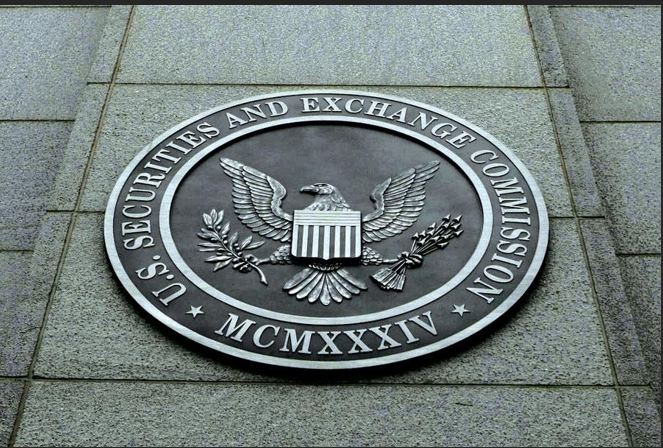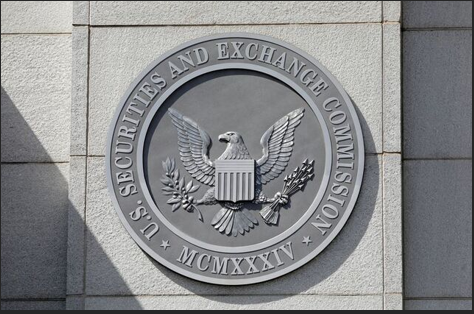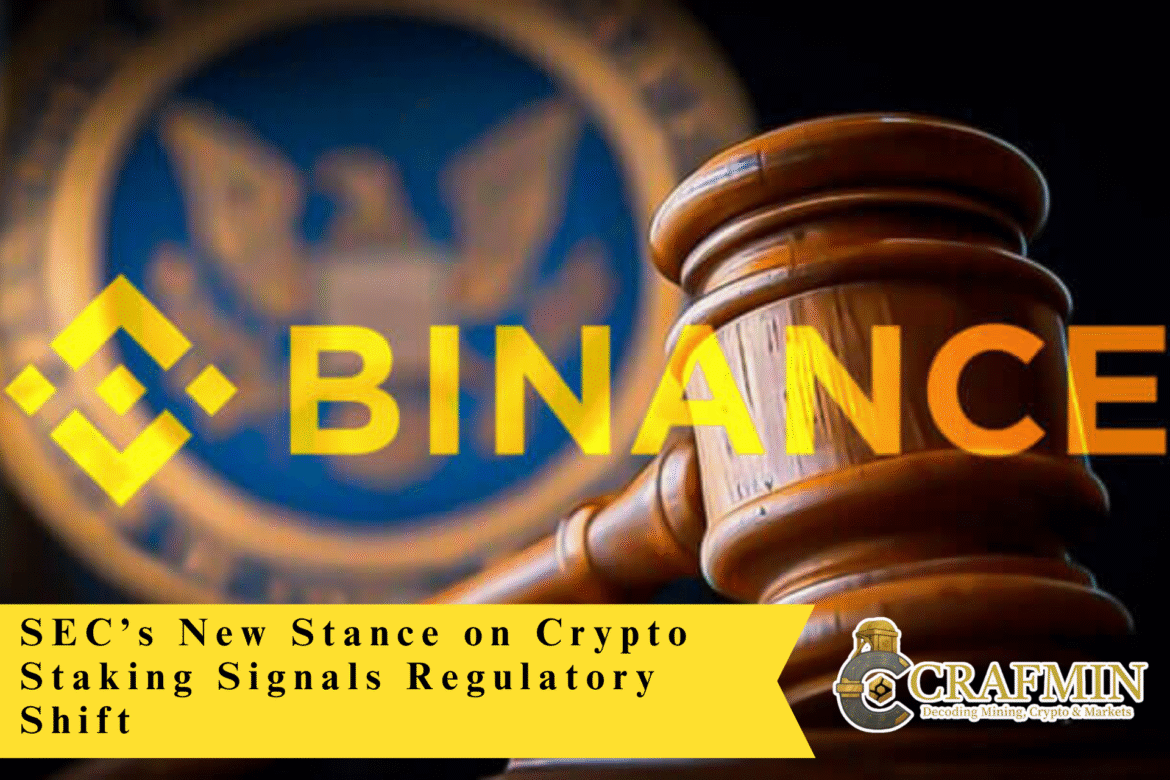
The SEC has launched a dedicated crypto task force
In a significant development for the cryptocurrency industry, the U.S. It has clarified its position on crypto staking. On May 29, 2025, it issued a statement indicating that most staking activities on proof-of-stake (PoS) blockchains do not constitute securities transactions. This marks a departure from the agency’s previous approach under former Chair Gary Gensler, which was characterized by stringent enforcement actions against staking services.
Understanding the SEC’s Clarification

The seal of the U.S. Securities and Exchange Commission (SEC) is seen at their headquarters REUTERS/Andrew Kelly/File Photo
It’s recent statement, titled “Providing Security is not a ‘Security’,” emphasizes that staking, in its typical form, is not considered a securities transaction. Commissioner Hester Peirce elaborated that staking is a voluntary activity by users to secure blockchain networks, and the lack of clear regulatory guidance had previously hindered innovation and participation in the U.S. This clarification applies to individual stakers, delegated staking platforms, and both custodial and non-custodial staking-as-a-service providers.
Additionally, it clarified that ancillary services related to staking, such as slashing coverage and early unbinding options, are not deemed securities offerings. This aligns with the agency’s earlier stance that cryptocurrency mining does not fall under securities laws.
A Shift from the Gensler Era
Under Gary Gensler’s leadership, it adopted a rigorous enforcement-based approach to crypto regulation, often categorizing various crypto assets and services as securities without providing clear guidelines. This approach led to legal actions against several crypto firms, including staking service providers.
The recent clarification signifies a policy shift under the current administration, which appears more open to fostering innovation in the crypto space. Commissioner Peirce has been vocal about the need for clear regulatory frameworks rather than relying on enforcement actions. She emphasized the importance of providing the public with opportunities to contribute to the regulatory process, aiming for a more collaborative approach.
Industry Response and Implications
The crypto industry has largely welcomed the it’s new stance. The Crypto Council for Innovation highlighted that recognizing staking as a core component of blockchain operations, rather than an investment contract, is a positive development. Alison Mangiero, head of staking policy at the council, expressed gratitude for the it’s acknowledgment of staking’s fundamental role in network security.
This clarification is expected to encourage greater participation in staking activities within the U.S., potentially leading to increased decentralization and network security across various PoS blockchains. It may also pave the way for the development of more staking-related infrastructure and services, contributing to the growth of the blockchain ecosystem.
Also Read:WA vs QLD: Which State Will Dominate Critical Mineral Exports in 2025?
Looking Ahead
While the it’s statement provides much-needed clarity, it is not a binding rule. However, it sets a precedent for a more nuanced and supportive regulatory approach to crypto staking. As the industry continues to evolve, further guidance and formal regulations may follow, offering additional clarity and stability for stakeholders.
The shift in the it’s stance reflects a broader trend towards embracing innovation while ensuring investor protection. By moving away from a purely enforcement-driven approach, it is signaling its willingness to engage with the crypto industry constructively, fostering an environment conducive to growth and innovation.

